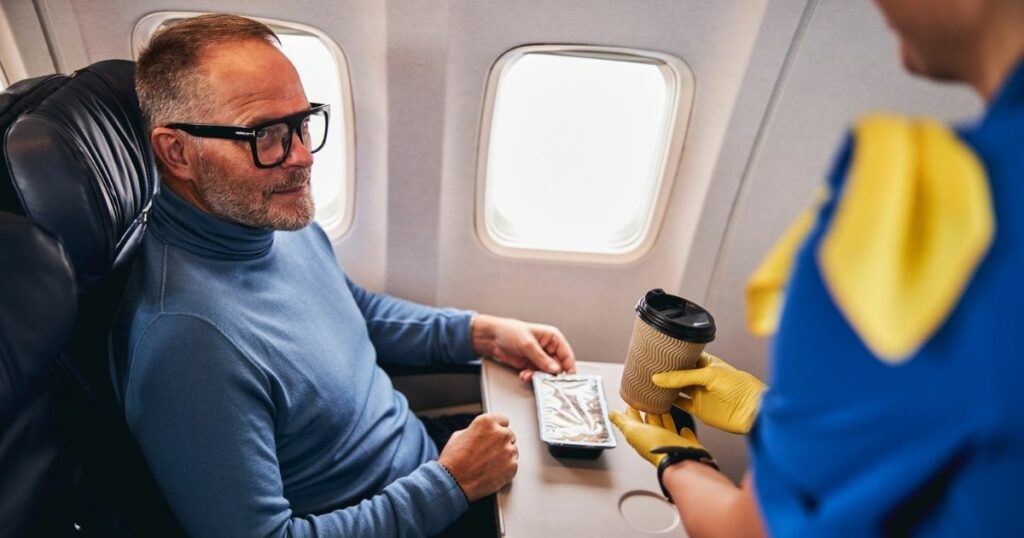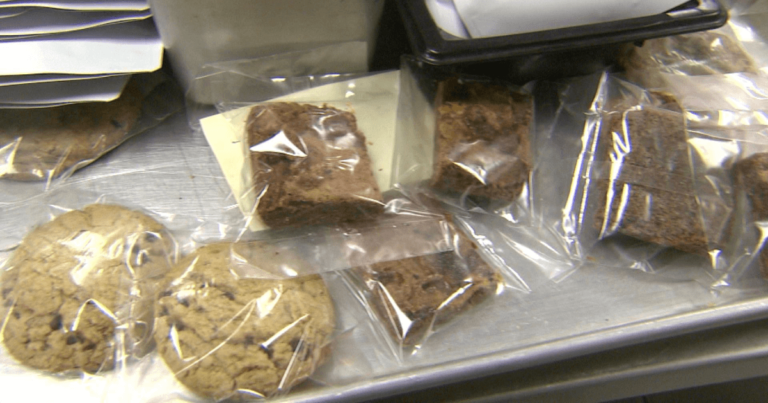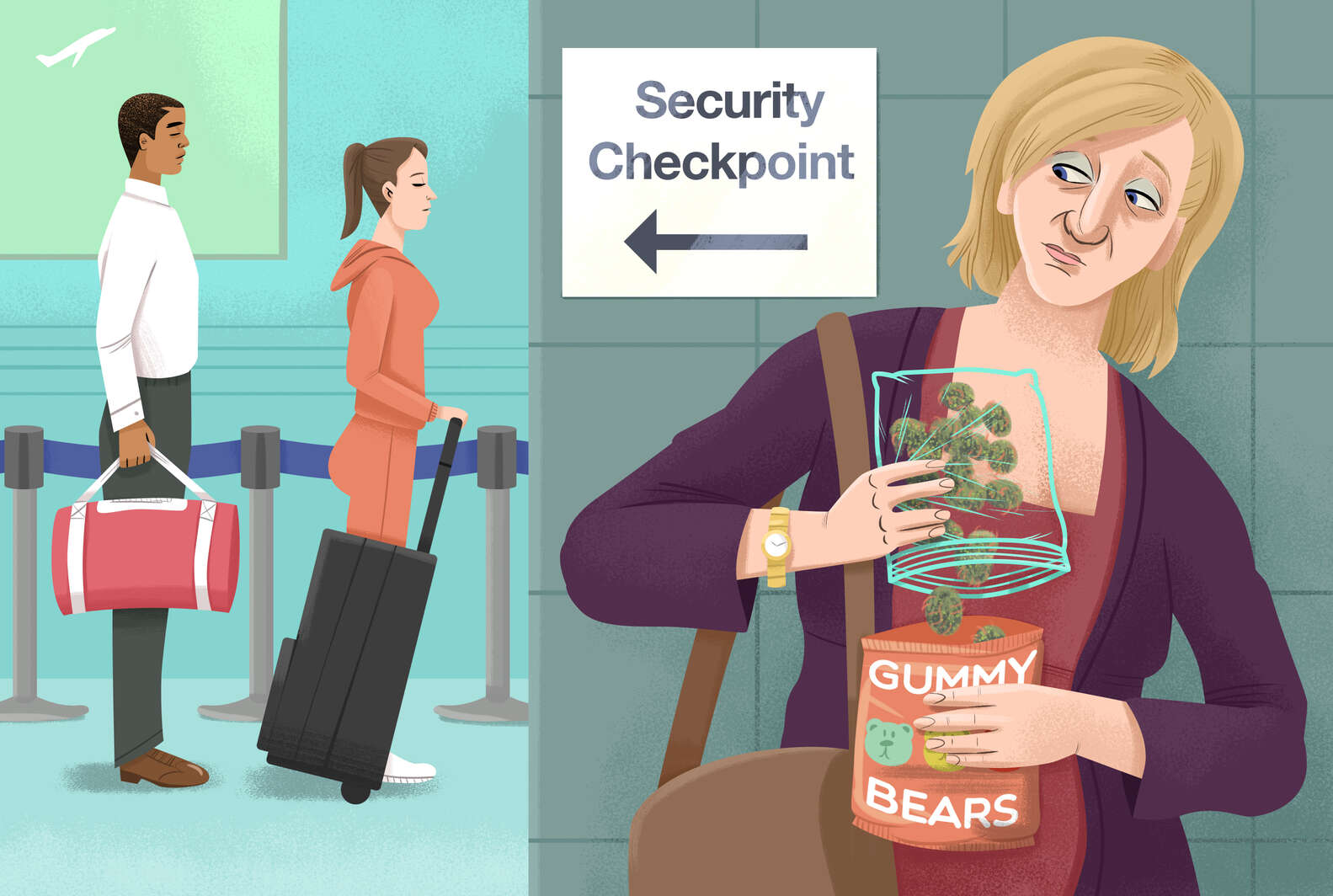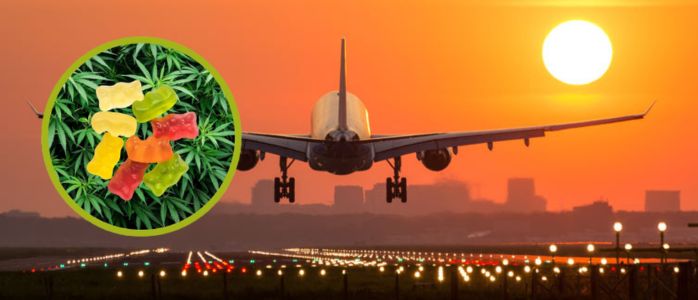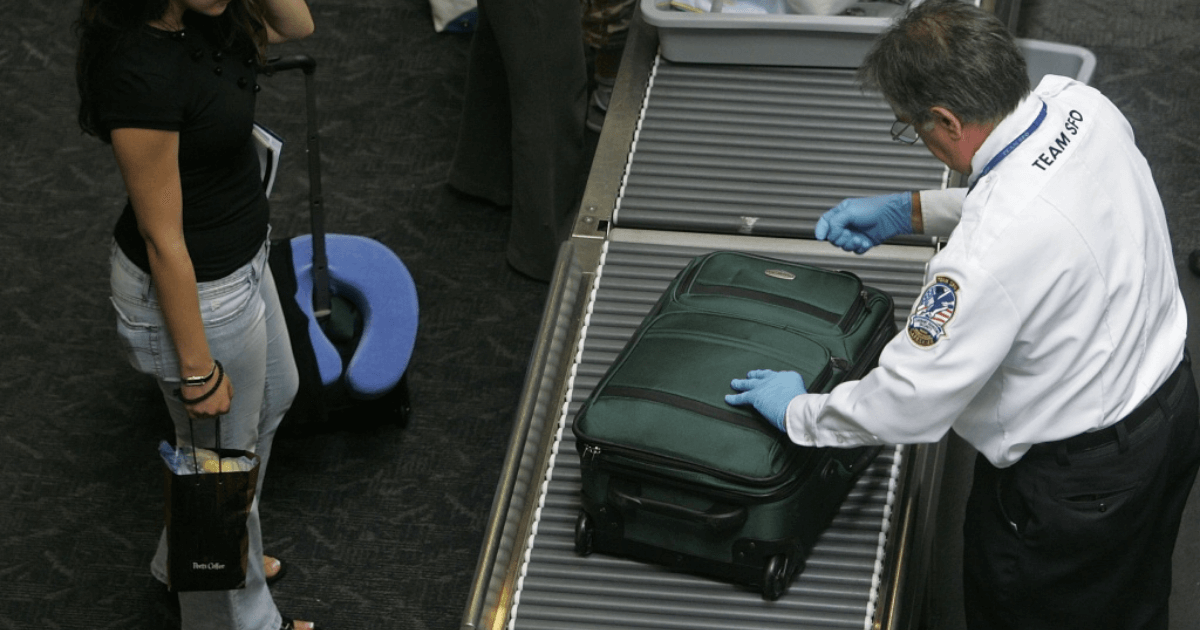Can You Take Edibles On A Plane

Navigating airport security can be stressful enough without adding the complexities of cannabis regulations. As cannabis legalization expands across the United States and globally, a common question arises: Can you take edibles on a plane?
The answer, unfortunately, isn't straightforward, and depends heavily on a confluence of federal, state, and international laws. Understanding these regulations is crucial for avoiding potential legal troubles.
The Federal Perspective: A Firm No
At the federal level, the Transportation Security Administration (TSA) is responsible for airport security. Their primary concern is safety, not necessarily drug enforcement.
However, TSA agents are obligated to report any suspected violations of federal law to law enforcement. And under federal law, cannabis, including edibles, remains a Schedule I controlled substance.
The TSA's official website states clearly that while they are not actively searching for marijuana or other illegal drugs, if they discover them during security screening, they are required to notify local law enforcement. This policy is further reinforced by statements from TSA spokespeople.
This means that even if you are traveling from a state where cannabis is legal to another state with similar laws, you could still face federal penalties if TSA discovers edibles in your possession.
State Laws: A Patchwork of Regulations
While federal law maintains a strict prohibition, many states have legalized cannabis for medical or recreational use. This creates a complex legal landscape for travelers.
For example, California and Colorado, states with legalized recreational cannabis, have specific laws regulating possession and consumption. However, these state laws do not override federal regulations within airport jurisdiction.
Therefore, possessing edibles that are legal under state law does not provide immunity from federal prosecution at the airport. It's crucial to understand that airports are typically considered federal jurisdiction.
International Travel: A Risky Proposition
Taking edibles across international borders is an even riskier endeavor. International laws regarding cannabis vary widely and are often far stricter than those in the United States.
Many countries have severe penalties for cannabis possession, including imprisonment. Ignorance of these laws is not a valid defense.
Before traveling internationally with edibles, research the specific laws of your destination country. The U.S. Department of State provides resources on foreign laws and regulations, but travelers are ultimately responsible for adhering to those laws.
Navigating Ambiguity: Decriminalization and Medical Marijuana
Some states and localities have decriminalized marijuana possession, meaning that possessing small amounts of cannabis is treated as a minor offense, similar to a traffic ticket. However, even in decriminalized areas, possession at the airport can still trigger federal intervention.
Patients with medical marijuana cards face a similar dilemma. While a medical card may protect them from state prosecution, it does not override federal law at the airport.
The DEA (Drug Enforcement Administration) continues to classify marijuana as a Schedule I drug, and federal agents are not obligated to recognize state-issued medical cards.
Practical Considerations and Best Practices
Given the legal complexities, the safest course of action is to leave edibles at home when traveling by air.
Even if you believe you can conceal edibles effectively, the risk of detection and potential legal consequences is significant. Consider alternative options, such as purchasing edibles at your destination if it is legal to do so.
If you have a legitimate medical need for cannabis, consult with your doctor about alternative medications or delivery methods that are permissible for air travel. Documentation from a physician may be helpful but does not guarantee immunity from prosecution.
The Impact on Travelers and the Industry
The inconsistent enforcement of cannabis laws creates uncertainty for travelers and the legal cannabis industry. Many potential consumers are deterred from purchasing cannabis products due to concerns about transportation and legal ramifications.
The lack of clarity also poses challenges for law enforcement, who must navigate conflicting federal and state laws. This can lead to inconsistent application of the law and potential for profiling.
Advocates for cannabis legalization continue to push for federal reform, which would create a more consistent legal framework for cannabis products and alleviate the challenges faced by travelers and the industry.
Moving Forward: A Call for Clarity
The current legal landscape surrounding cannabis and air travel is confusing and potentially hazardous for unsuspecting travelers. A clearer, more consistent approach is needed to address this issue effectively.
Until federal law is reformed, travelers should exercise extreme caution when considering bringing edibles on a plane. The risks simply outweigh the potential benefits.
Staying informed and adhering to the strictest interpretation of the law is the best way to avoid legal trouble and ensure a safe and hassle-free travel experience. Always prioritize legal compliance.

